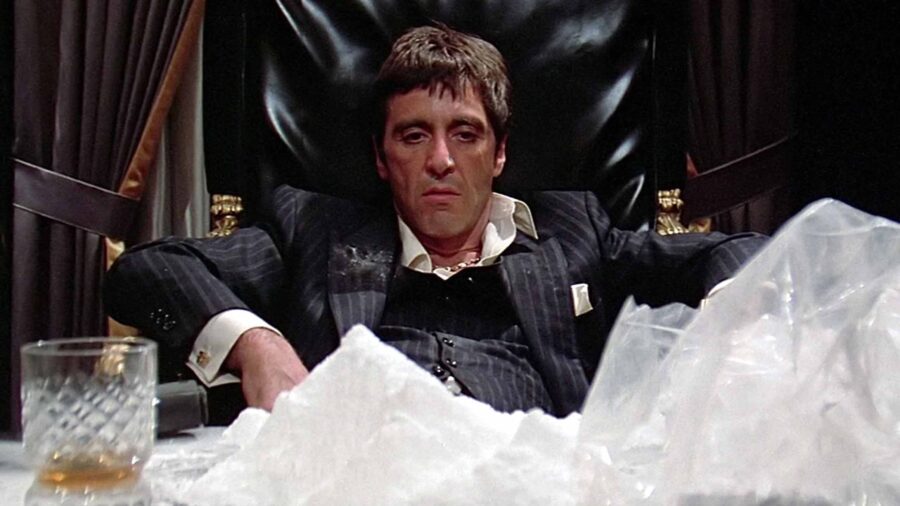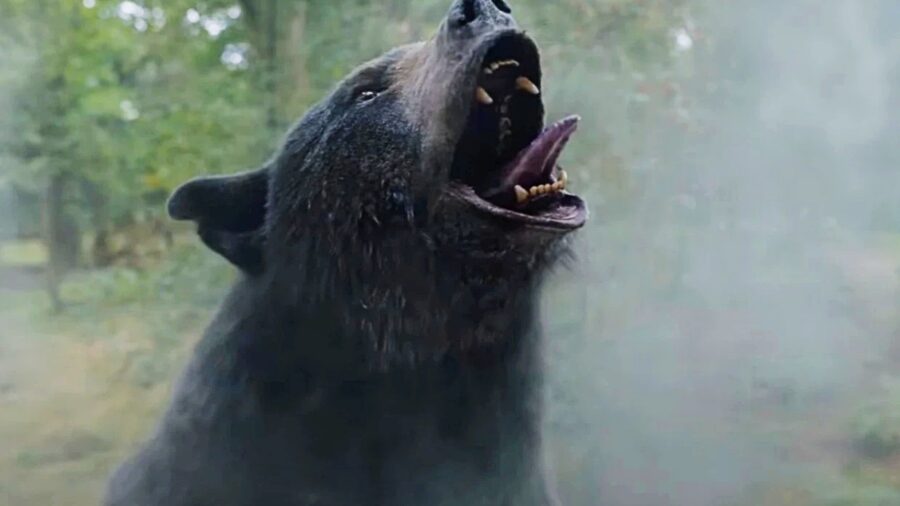Cocaine Addiction Vaccine Is Real, Could This End The Drug War?

In recent years, many internet smartasses have posted memes about wanting to congratulate drugs for winning the so-called “war on drugs.” The implication is that this war is over since we are long past the government’s strong anti-drug messaging of the ‘80s and ‘90s, but for many who are addicted to drugs like cocaine, this is more of a private war that they continue fighting each day.
Now, though, even that private war may end: according to Science Alert, Brazilian scientists have created a vaccine “for addiction to the drug and its powerful derivative crack.”
The war on drugs may end thanks to a cocaine vaccine, Calixcoca, that stops users from getting high off of the addictive substance.
The cocaine vaccine in question is named Calixcoca, and it has shown very promising results in trials on animals. How does this vaccine actually work, though? On the most fundamental level, the function of this vaccine is to keep users from getting high when they use crack or cocaine by keeping the pleasant effects of the drug from reaching users’ brains.

To understand more of the science behind this miraculous cocaine vaccine, you need to understand how it helps to create special antibodies that can keep addiction at bay. “The vaccine works by triggering patients’ immune systems to produce antibodies that bind to cocaine molecules in the bloodstream, making them too large to pass into the brain’s mesolimbic system, or ‘reward center,’ where the drug normally stimulates high levels of pleasure-inducing dopamine.” In other words, while the cocaine vaccine can’t magically keep users from abusing crack and cocaine, it can make sure the drug use doesn’t result in the person getting high.
The need for this vaccine is very apparent: right now, one out of every four regular cocaine users becomes addicted to the drug, and after half a decade of treatment, only one in four cocaine addicts manages to kick the habit.
The way this cocaine vaccine works helps illustrate the fact that it was designed with recovering drug addicts in mind. According to psychiatrist and science team coordinator Frederico Garcia, this vaccine is meant to supplement the current methods of treating cocaine addiction, which include a “combination of psychological counseling, social assistance and rehabilitation.” Now, those “who are off (cocaine) and want to stay that way” could have a cocaine vaccine to help them once they leave rehab.
The cocaine vaccine is effective in animal testing and has been able to protect rat fetuses, providing evidence that it could be used to help save the unborn babies of drug addicts.
The need for this vaccine is very apparent: right now, one out of every four regular cocaine users becomes addicted to the drug, and after half a decade of treatment, only one in four cocaine addicts manages to kick the habit. The idea of a vaccine that could functionally end cocaine addiction may sound like something out of Star Trek, but it’s very nearly here. However, before anybody can stock this vaccine in their own sickbay, it’s going to require a bit more testing.
Right now, the cocaine vaccine has proven effective in animal testing, “producing significant levels of antibodies against cocaine and few side effects.” Even more impressively, “It also protected rat fetuses against cocaine…suggesting it could be used in humans to protect the unborn babies of pregnant addicts.” Now, this miracle vaccine is about to enter the human testing stage, and if it proves effective, the war on drugs may finally end in the best possible way: with nobody else having to suffer and die due to an addiction they cannot control.












